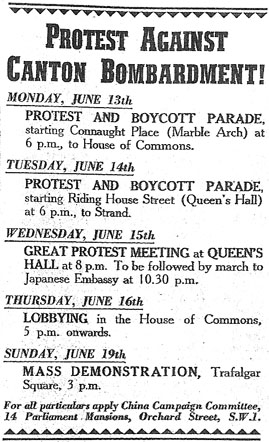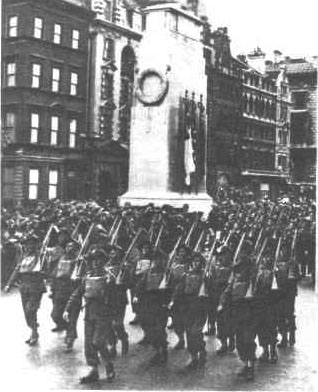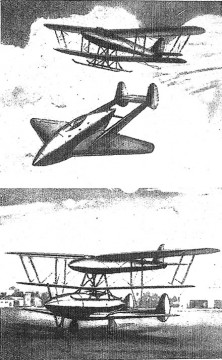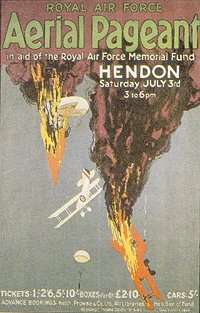Incompletely sceptical
During the Battle of Britain and the Blitz, British newspapers regularly published official German statements about the progress of the air war. Those relating to the war over Britain could be checked against both British communiques and, to an extent, personal experience. There were large discrepancies: for example, for 7 September 1940, the Luftwaffe claimed […]





